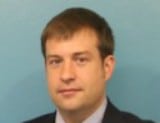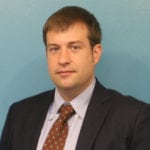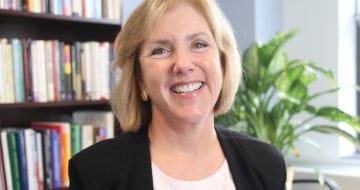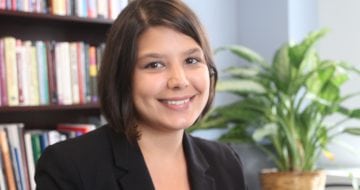The reauthorization of the ESEA won’t be the only hot issue for education policy in 2016. The following are AYPF’s thoughts on some emerging education issues that will define our year to come.
Getting our Pathways Straight
High school graduation rates are up, but many colleges report that freshman arrive unprepared, and many employers find that college graduates lack crucial skills for the workplace. The skill gaps between high school, postsecondary, and career aren’t news to most people, but in 2016 expect a renewed effort to address the misalignment between the demands of college and career. Attention to strategies like competency-based learning, personalized learning, dual enrollment, and career training with increased involvement from employers will increase as we prepare for an increasingly complex economy, and a world where 65 percent of all jobs will require a college degree.
“Now that we know a little more about what’s working in these individual spaces, we are trying to do a better job of thinking about the entirety of the student experience from start to finish, and what the process might look and feel like for a student actually experiencing it,” said Carinne Deeds, Program Associate at the American Youth Policy Forum. “Rather than focusing on individual milestones, we’re starting to think about how progress at every level is working toward the ultimate goal of preparing students for a successful and fulfilling life.”
Making Community College Free
Oregon, Tennessee, and the city of Chicago plan to offer free community college to their students, and Minnesota plans to implement a pilot program for free 2-year technical community college as well. Although President Obama’s 2015 plan for free community college has stalled, states are taking it upon themselves to make it easier for young people to earn a postsecondary credential or certificate.
Although the federal initiative has run into Congressional resistance, the idea of free community college has captured states’ imaginations. “I think the idea has gained momentum both because of Obama’s initiatives and in light of the national conversation about affordability and access to college,” said Zachary MaIter, Policy Research Assistant at the American Youth Policy Forum. “I think free community colleges will be something that people will at least consider alongside other ideas to expanded access.”
Adjusting to New Demographics in the Classroom
By 2065, the United States will not have a single majority ethnic group. Immigration is projected to change the ethnic makeup of the country dramatically, and this shift will undoubtedly affect education systems and learning. As the United States is in the middle of this cultural and demographic shift, AYPF foresees increased emphasis on English Language Learner programs, bilingual classrooms, and on multicultural literacy requirements for educators and school staff.
With the rise in numbers of these new populations, there are also concerns about education equity, said Jenna Tomasello, Program Associate at the American Youth Policy Forum. “When I think about existing, persistent achievement gaps, paired with the fact that we’re only becoming a more diverse nation, how can we ever keep up with the demands of the workforce nationally and globally if we continue to fail our students of color and other special populations of students?”
George Knowles is the Digital Communications Associate at the American Youth Policy Forum.






